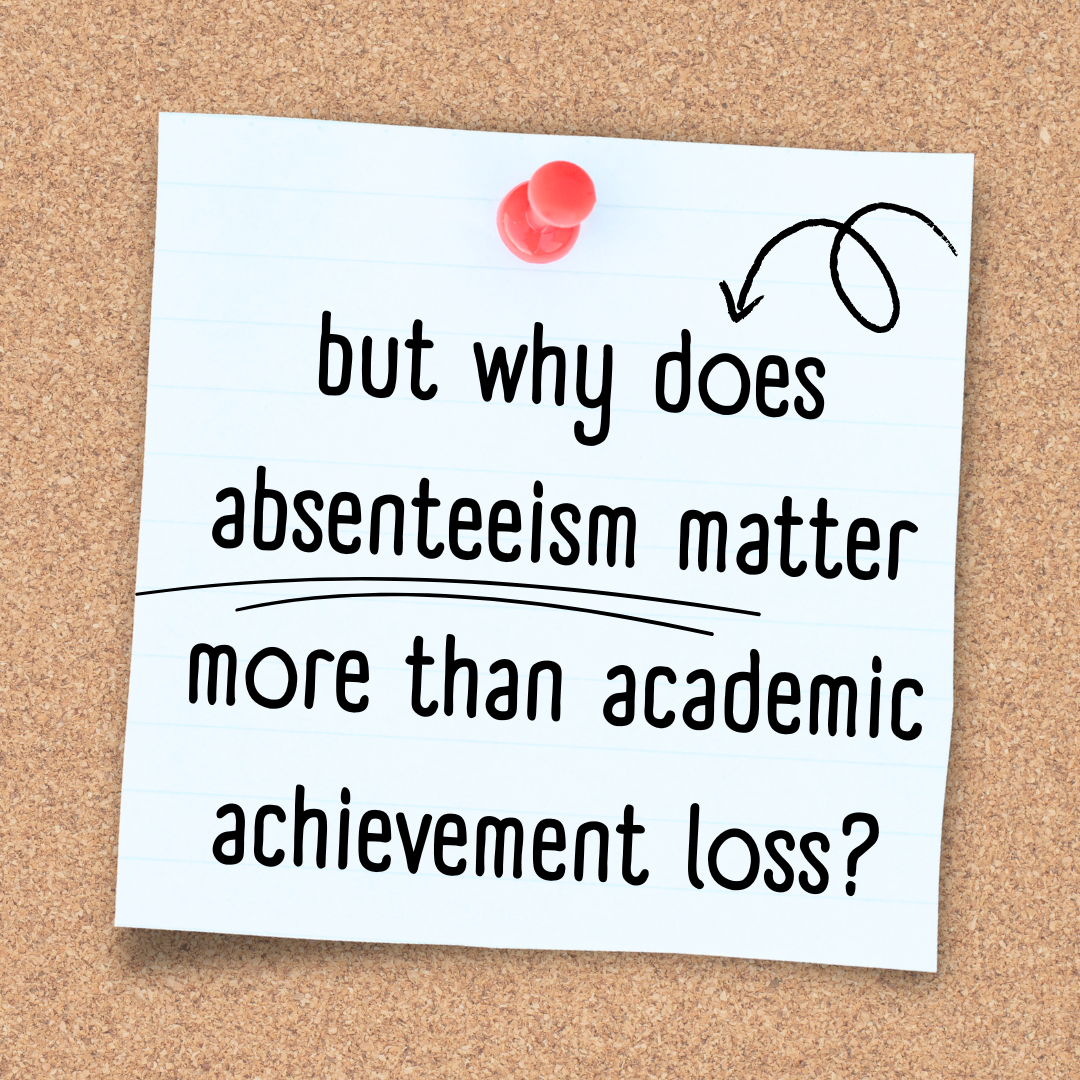What learning did we lose?The present landscape of post-pandemic education recovery in America
Recovering from Learning Loss: The Best We Can Do
It started March 2021, when the schools were shut down and children were ordered to stay at homes. For some this was a learning from the comfort of their bed but for others they missed out on key instructional time.
Learning loss is a widely recognized issue across America. Four years after the pandemic and nationwide school closures; research shows that learning recovery and achievement gaps have been prevalent across the country.
Yet education still feels perilous in our time. With increasing public awareness and a rise in school shootings, concern over the use of AI in student work, and the net growth in mental health-related issues. We live in a time where parents are consistently told that they should be worried. Concerned.
But scores in math and reading have been steadily recovering in some states. Richer states can provide more financial aid by increasing K-12 budgets, while poorer states offer what they can. In 2023, 43 states legislatures have approved K-12 budgets. This injection of cash into the public education system—each dedicated to target a different concern by state. For example, Nevada, Nebraska, and Wisconsin made significant investments in special education.
Another barrier to addressing learning loss is absenteeism: nearly 1 in 5 children nationwide are reported as being chronically absent. Chronic absenteeism is defined as missing school for 10 percent or more of the school year.
All these problems demand almost the same solution: a hyper-localized, contextualized approach per student body across the country. Essentially, a mass-solution approach is not available.
Despite these challenges, experts, and teachers are dedicated to solving them.
Ian Callen, a researcher at the CALDER Centre for National Analysis of Longitudinal Data for Education Policy, says, “The big thing [to focus on] is that we have the power, the resources to invest in students and help these kids moving forward…This is all potentially reversible. The resources we have parents, teachers, and societies to revert this [learning loss].” Callen pointed out the work being done by other education researchers: the Educational Recovery Scorecard (a collaboration between Harvard Centre for Education Policy Research and Stanford’s Educational Opportunity Project), non-profit NWEA, and even private research companies. One of Callen’s studies investigated whether summer school is an effective way of improving academic achievement and learning loss. The results saw positive outcomes for mathematics scores but less so for reading.
This is all to say, that the education field has mobilized towards addressing this issue in every way they can.
On a national level, 32 states have transitioned towards evidenced-based reading instruction between 2013 and 2023. These policy shifts have become highly publicized after the APM’s audio documentary ‘Sold a Story’ was released in 2023 which disputed the efficacy of balanced literacy, the prior dominant reading curriculum in the U.S.
It’s easy to feel lost in the present time. Many educators and parents are rightly concerned about the academic achievement of students as these scores can impact future opportunities such as college options and scholarship opportunities in the ever-narrowing door of the pay-to-play higher education system. Furthermore, parents and teachers of younger children are concerned about their foundational learning, basic reading, and mathematic skills.
It is important to have discernment when doom-scrolling and facing the wave of education think pieces and reports of test scores. In times of uncertainty, consider the very high possibility that the solutions that children need will be delivered to their classrooms. Instead of focusing on quantifiable metrics such as test scores, whether declining or improving; notice the grander trend of positive change.
Yes, 1 in 5 children are absent from school. But that also means 4 in 5 children are present throughout the school year. With absenteeism, a cornerstone component of learning loss, community-driven solutions make school more appealing for students to come to school beyond their need for learning.
Furthermore, systematic shifts within the general education curriculum from balanced literacy to the science of reading (more evidenced-based reading instruction) show the improvement in the quality and efficacy of education beyond recovering learning loss.
Nationally, federally funded research programs such as the CALDER Centre and National Center for Education Research show us that research, qualitative data-backed solutions are to be delivered.
Locally, it can be observed that non-governmental organizations such as 826 Boston have been collaborating with public schools to provide additional aid in the form of volunteer teacher’s aids and extracurriculars.
This project explored what is being done in and outside of the classroom to improve student achievement as well as learning experience. We will hear from educators, nonprofit organizations, and researchers about the various approaches to recovering from learning loss.
But what exactly is 'Learning Loss'?
But what exactly is 'Learning Loss'?
Learning loss is defined as declining academic achievement of students from the COVID-19 pandemic. In the years since the pandemic, the education landscape has changed— we have recovered…kinda?
Community Engagement
Listen up.
Perhaps the answer to learning loss is right around the corner.
Many experts suggest 1-on-1 tutoring to make up for the loss of quality instruction time, but tutoring is expensive. Coincidently 826 Boston, a nonprofit that tutors and publishes student works in order to amplify student voices and develop student voices.
How can nonprofits help public schools?
Changing Curriculums
Perhaps what is needed is a complete overhaul of general education as we know it now. Since APM released its audio documentary ‘Sold a Story’ the pendulum swung from balanced literacy to the science of reading.
Understanding the Nuance: “You cannot lose something you didn’t have.”
In Conversation with Manuel (Manny) Angel Ramirez
Manuel Angel Ramirez is a school administrator and a 3rd year phD candidate. We discussed how approach the issue of learning loss with nuance and compassion. Looking beyond the quantitative data and into the qualitative, diving into the impacts of learning loss on overlooked students such as multi-lingual students and neurodivergent students.
Background












